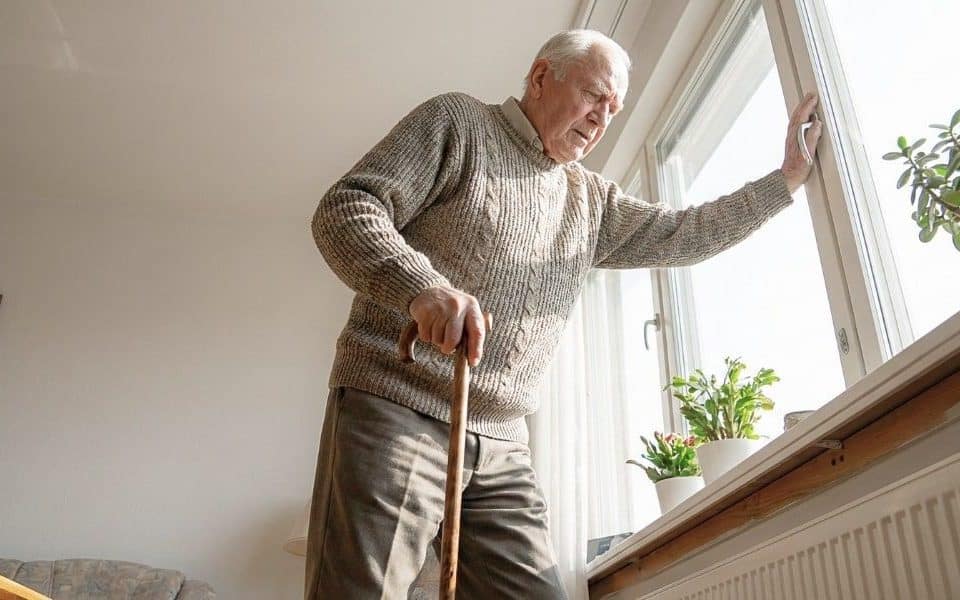
If you’re wondering, “Can Medicaid take your home?” the answer isn’t as straightforward as you might think. Medicaid Estate Recovery is when the state tries to recover some of the money spent on Medicaid benefits, especially for older, disabled, or long-term care residents. However, there are rules and protections to prevent Medicaid from taking your home.
Can Medicaid Take Your Home? Understanding the Rules Around Estate Recovery
How Does Medicaid Estate Recovery Work?
Imagine if someone gets help from Medicaid to pay for things like a nursing home or medical care. When that person dies or moves to a care home, the state wants to get back some of that money. They do this by taking things the person owned, like their house or savings.
But if the person has nothing left, there’s nothing to take. If the person had a husband or wife still living, the state won’t take everything. There’s a rule to ensure the spouse has enough money to live on.
In 2024, this rule ensures the spouse can keep up to $154,140 worth of assets.
Can Medicaid Take Your Home?
If someone gets Medicaid assistance for nursing home care, they might wonder if Medicaid can take their house. The answer is sometimes, but not always. Medicaid can put a claim on the house to get money back, but there are rules. For example, Medicaid can’t take the house if:
- The person’s husband or wife still lives there.
- The person has a child under 21 or a child who is blind or has a disability living there.
- A brother or sister has lived in the house for at least a year and has a part of the house (called an equity interest).
If the state places a claim on the house, it can’t take it or sell it to get money for Medicaid. The state removes the claim if the person returns or the house sells.
What If You Have No Assets?
Suppose the person who gets Medicaid passes away without any assets, like a house or savings. In that case, the state can’t recover anything. Estate recovery happens only when the person’s estate has valuable assets, like a house or money.
How to Protect Your Home
To keep your home safe from Medicaid estate recovery, talk to a lawyer about options like life estates, irrevocable trusts, and other ways to protect your home. Ask your local Medicaid office about your rights and protections in your state.
Understanding how Medicaid Estate Recovery works and having a plan can help you make smart decisions about your future and keep your family safe from surprises.
Innovative, Experienced, and Trusted Senior Living Community
Are you looking for exceptional service and care for your loved one? We welcome you to our senior living communities, where the health and well-being of our residents are our top priority. Please visit our contact page, and we’ll answer your questions.
Thanks for visiting!



